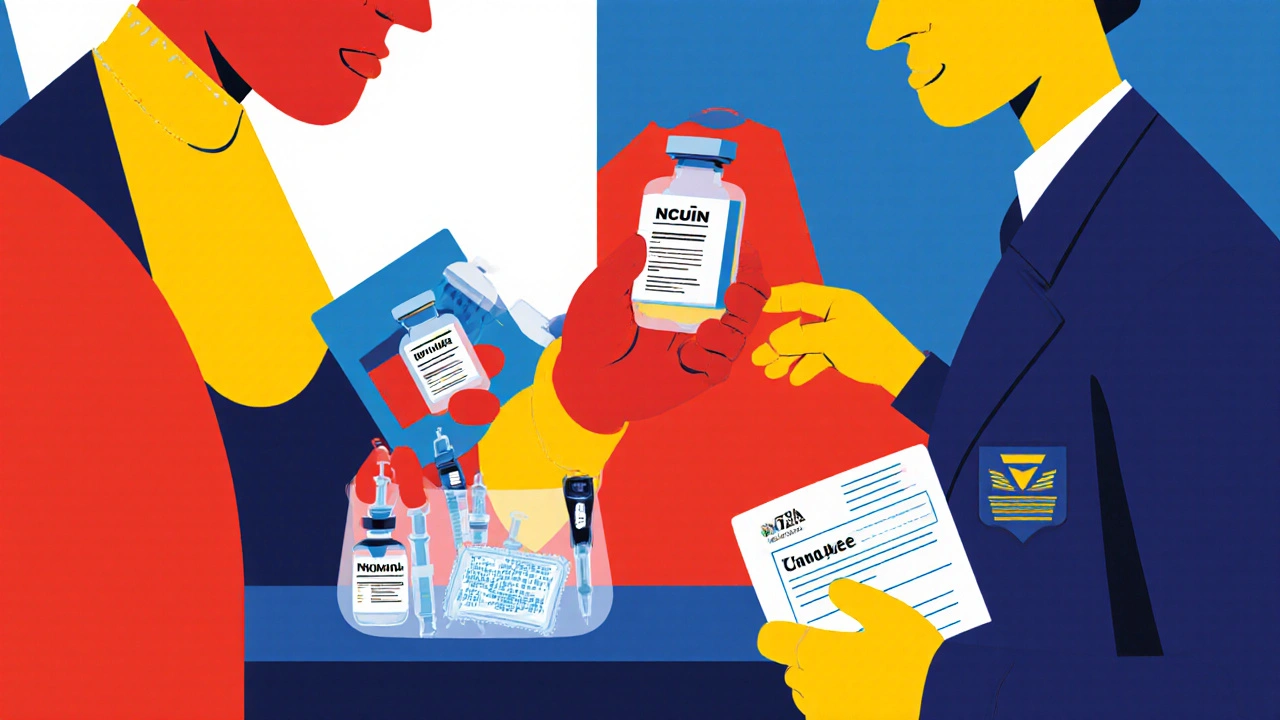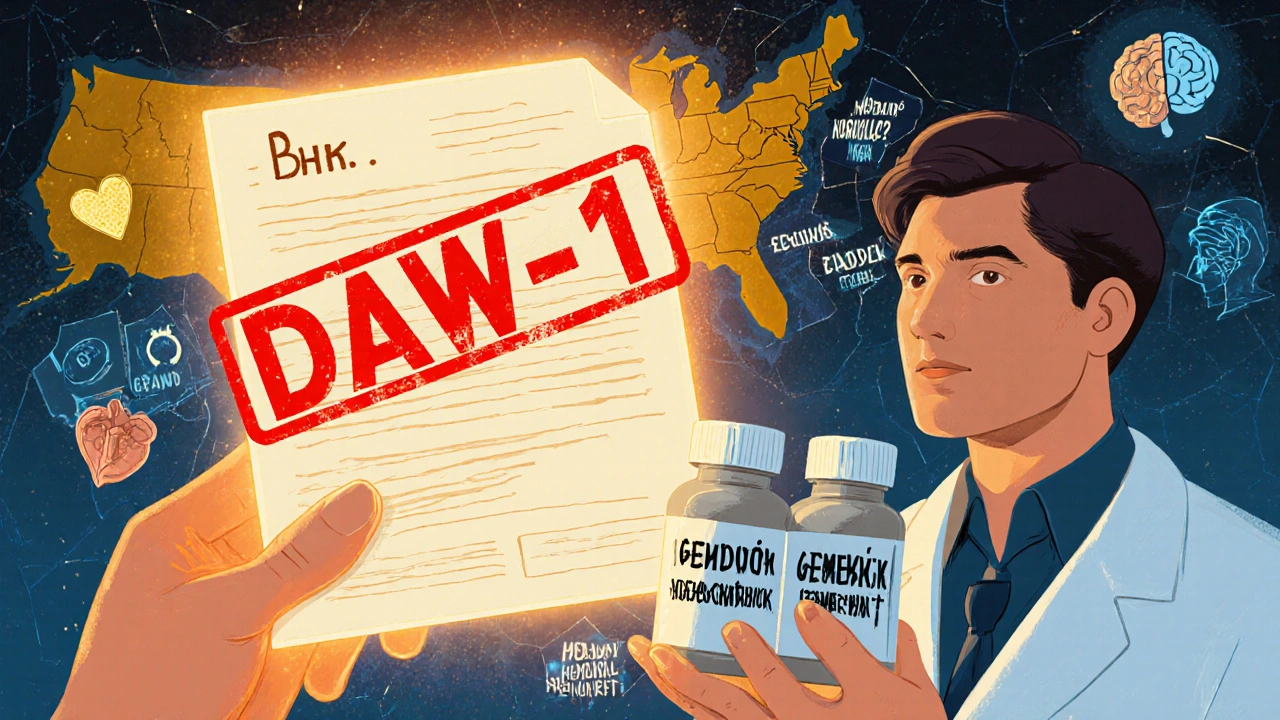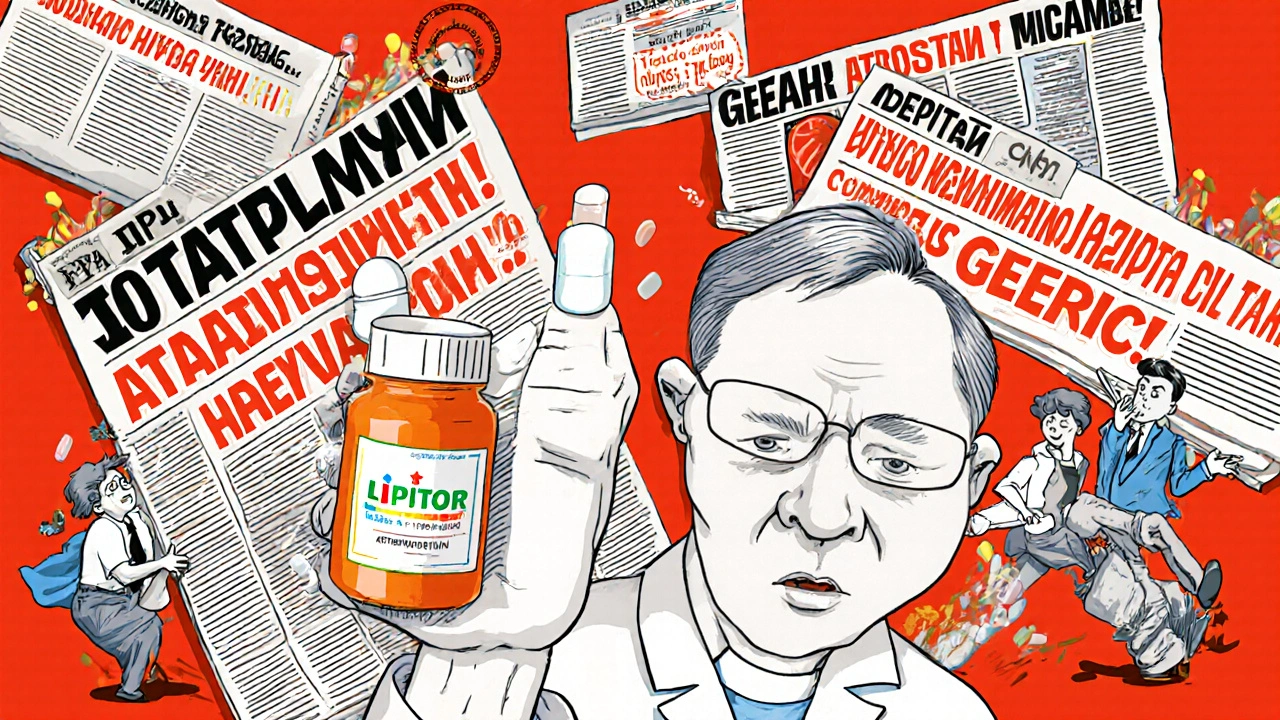
The WHO Model List of Essential Medicines sets global standards for affordable, effective generics. Used by over 150 countries, it ensures life-saving medicines are available where they're needed most - even in the poorest health systems.

Medication overdose doesn't end at the hospital. Survivors often face permanent brain damage, organ failure, and mental health disorders. Learn what really happens after the emergency ends.

Pharmacogenomics testing uses your genes to predict how you'll respond to medications, reducing dangerous side effects and improving treatment success-especially for depression, heart disease, and cancer.

Learn how to safely carry insulin, syringes, and sharps on airplanes with TSA-approved tips. Avoid delays, know the rules, and travel confidently with your medical supplies.

Learn how to safely dispose of needles and sharps from injected medications to prevent injuries and disease. Follow FDA guidelines, use proper containers, and find local drop-off sites.

Prescriber override lets doctors require brand-name drugs instead of generics when clinically necessary. Learn when it's legal, how to do it right, and why mistakes can cost lives.

Vestibular exercises can reduce dizziness, improve balance by 73%, and cut fall risk by 53%. Learn the five core movements anyone can do at home to regain stability and confidence.

Retinal detachment is a vision-threatening emergency. Learn the six key symptoms, how it's diagnosed, the three main surgical treatments, and why acting fast can save your sight.

Ciprofloxacin is not recommended during pregnancy due to potential risks to fetal cartilage development. Safer alternatives like amoxicillin and cephalexin are preferred. Learn when cipro might still be used and what to do if you took it before knowing you were pregnant.

Media coverage often fuels public mistrust in generic drugs despite scientific proof they're just as safe and effective as brand-name versions. Learn how news stories shape perceptions-and what you can do to make smarter choices.

Targeted therapy uses tumor genetics to match cancer patients with precise drugs that block specific mutations. Learn how it works, who benefits, and why access remains unequal.

Should you take expired OTC meds? Learn which pills are still safe after expiration, which ones can be dangerous, and how storage affects potency. Real data, expert opinions, and practical advice.